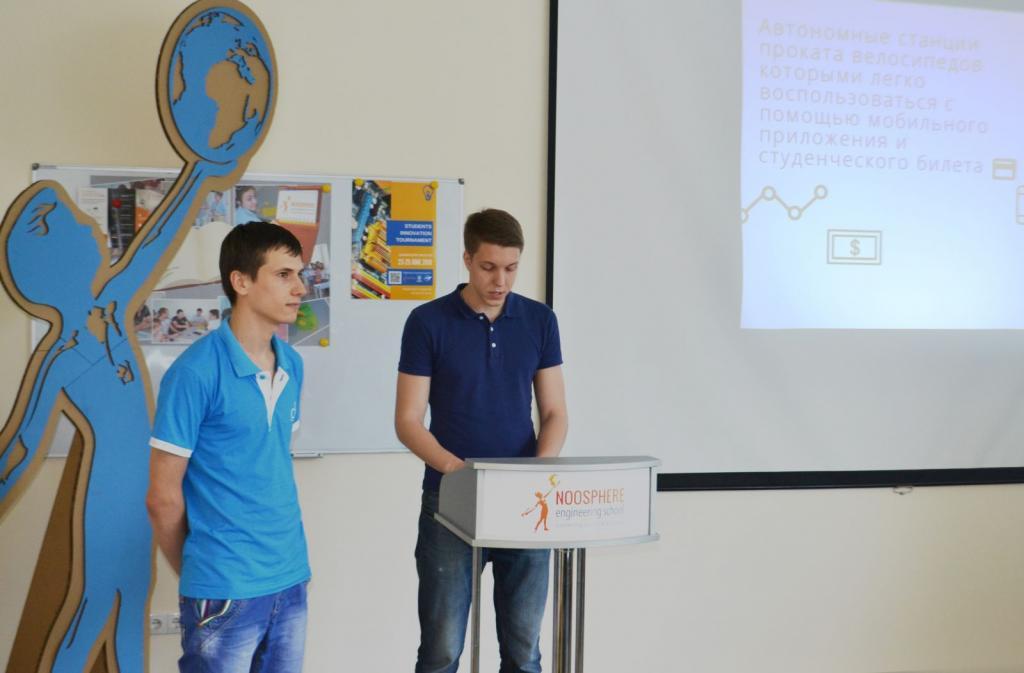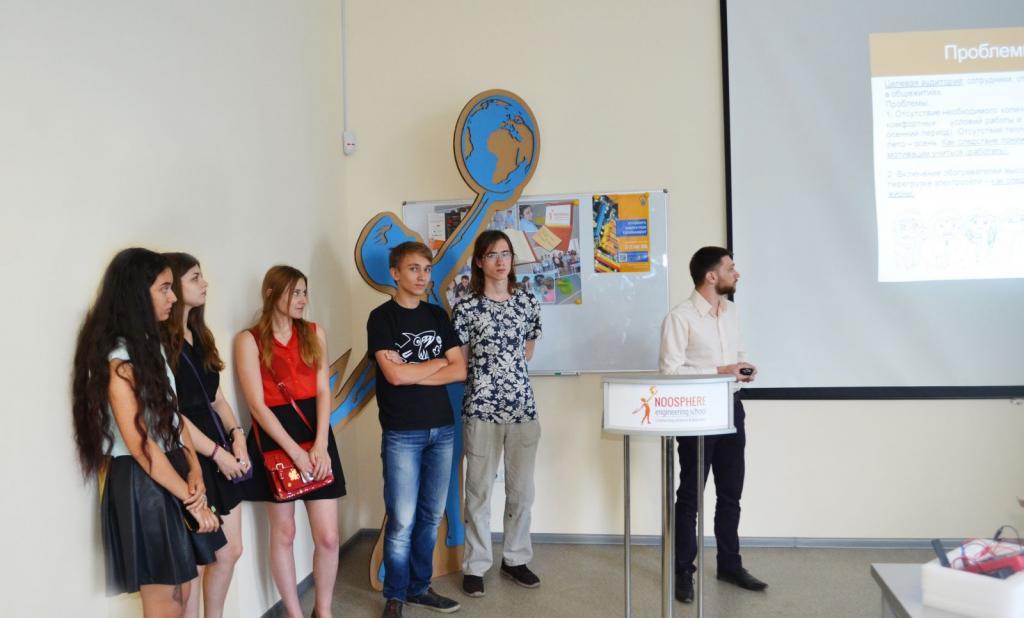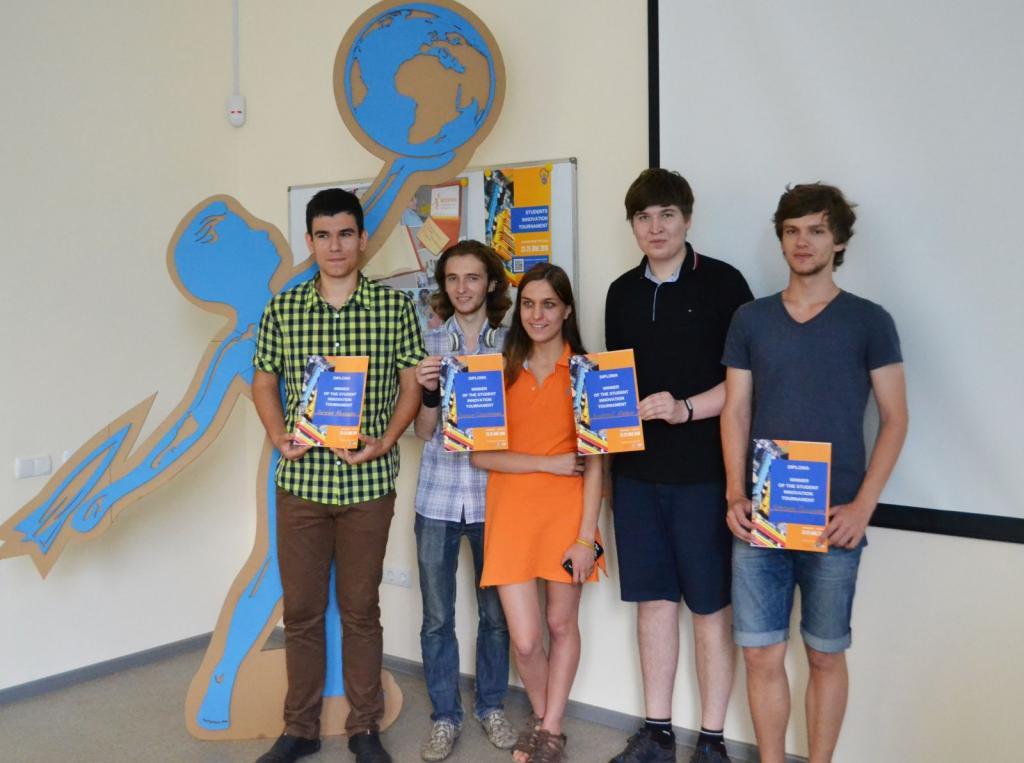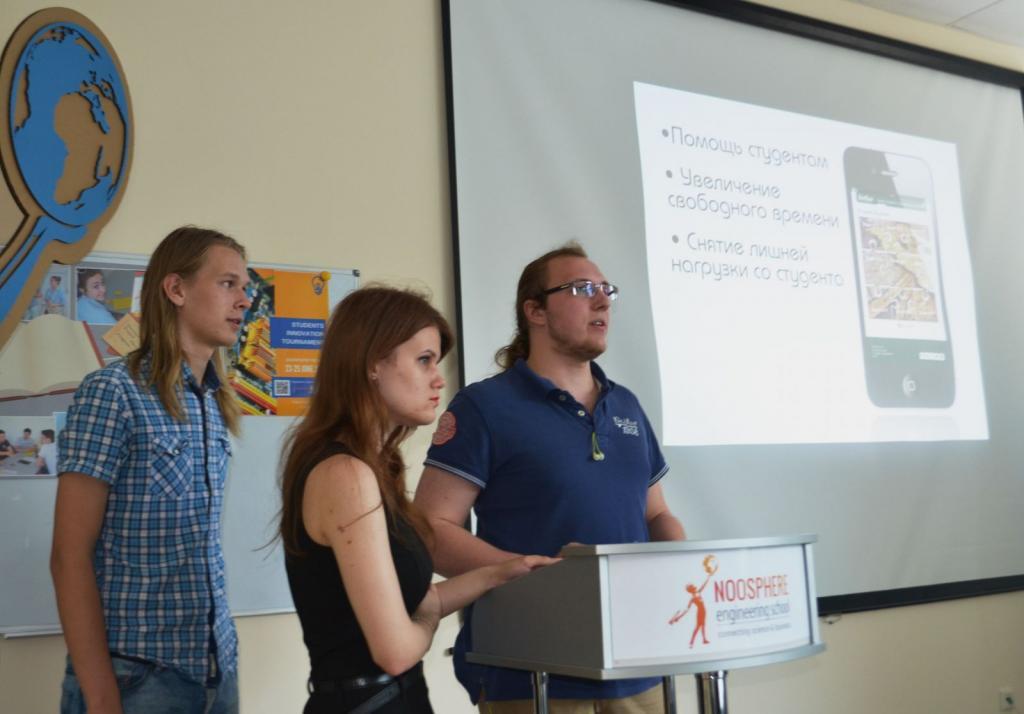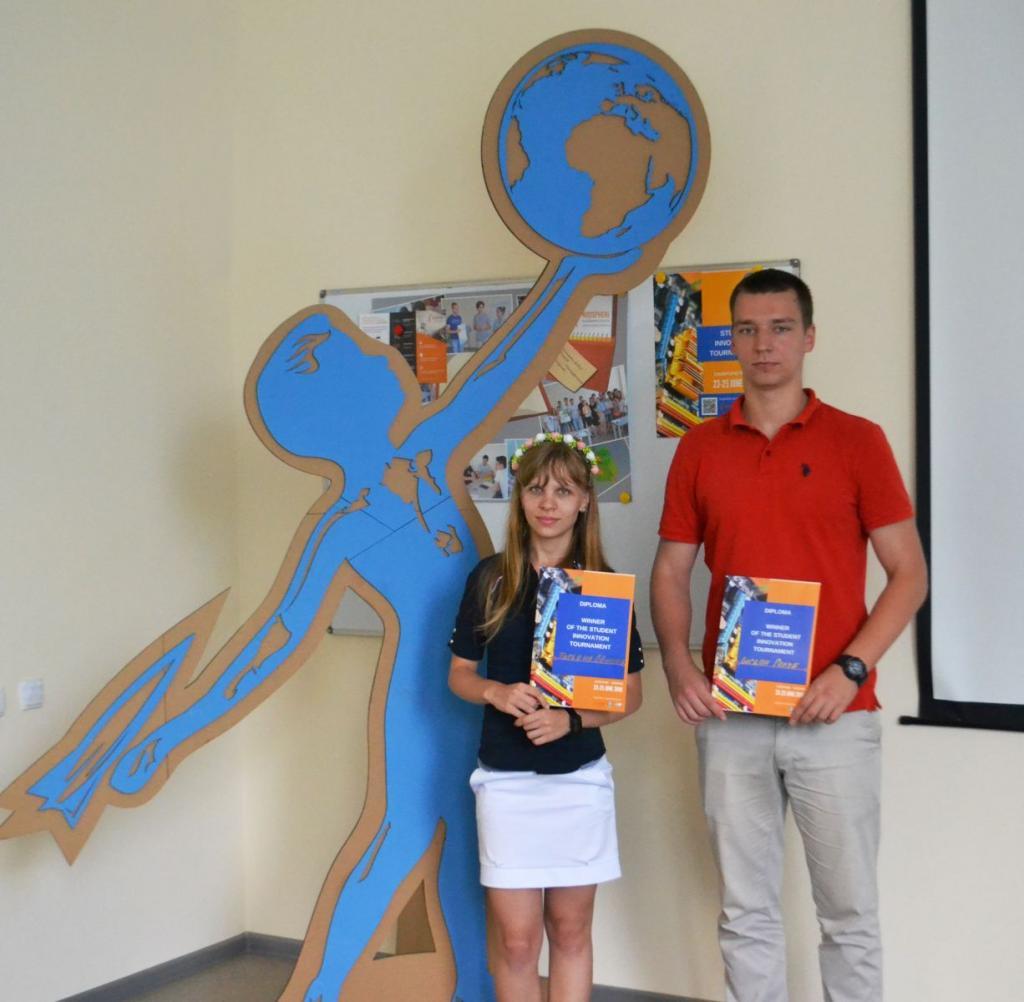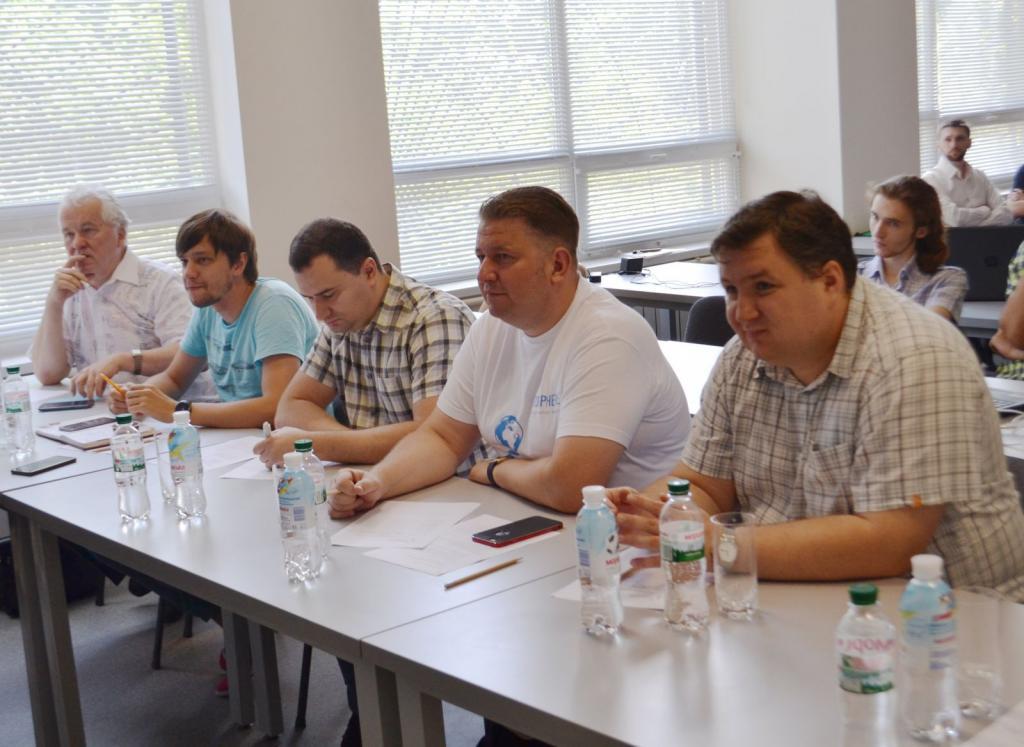Students of DNU and dnurt will have internship at Noosphere Engineering School
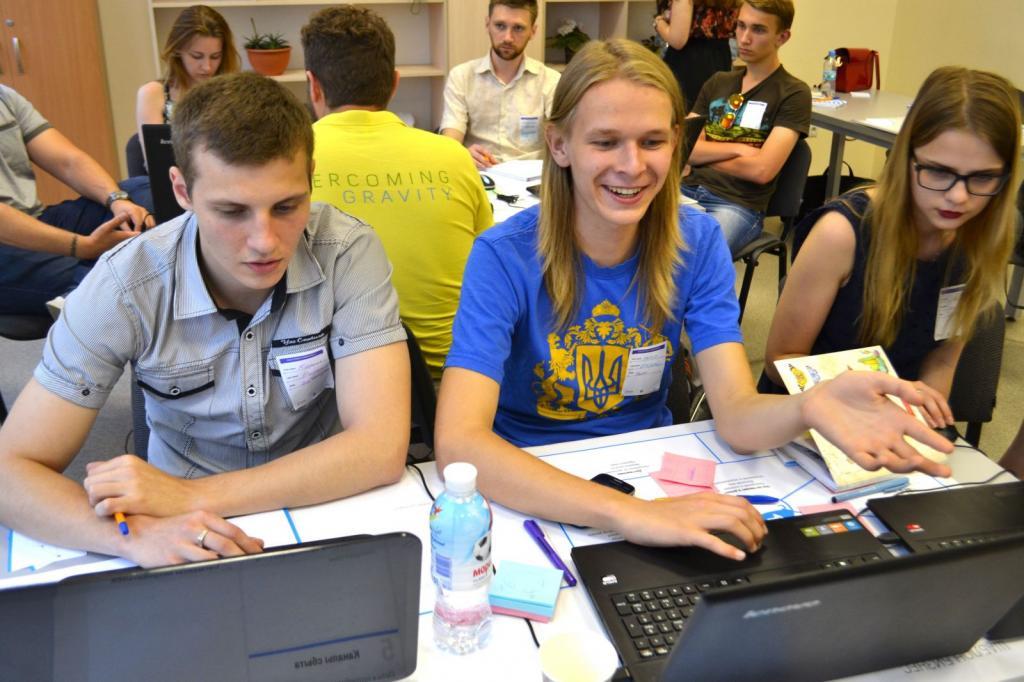
On Saturday, June 25, the Inter-university Student Innovation tournament, with the support of the Noosphere Engineering School, wrapped up. Students of two universities in Dnipro – Oles Honchar Dnipro National University and V. Lazaryan Dnipro National University of Railway Transport, received advice from mentors and competed for the chance to implement their projects, which were focused on improving infrastructure of higher education institution. In a fair contest, two winning teams were awarded grants to develop their ideas.
The competition was held on June 22-23 at two locations: Oles Honchar Dnipro National University and V. Lazaryan Dnipro National University of Railway Transport. The finals took place on June 25 at the lecture hall of the Noosphere Engineering School.
In order to create a prototype of their first engineering project, the students were provided everything they would need: prototyping boards, connectors, detectors, sensors, wi-fi modules, LCD-screens and even Arduino chips. However the support from the judges and mentors was the most valuable asset for the students.
The panel of judges was included TOP-Managers of Noosphere and the academic science:
Michael Ryabokon - Chief Innovation Officer, Noosphere
Dmitriy Maydanyuk - Project Manager, Maxymizely
Yuriy Letser - Chief Executive Officer, Maxima Labs
Anatoliy Kosolapov – Dr.Sc. in Engineering, Professor of Dnipropetrovsk National University of V. Lazaryan Dnipro National University of Railway Transport.
Tatyana V. Khodanen – Associate Professor of the Department of Theoretical and Applied Mechanics of Olec Honchar Dnipropetrovsk National University
Alexander Bayev - PhD, Sr. Engineer, Samsung R&D Institute Ukraine, Founder of SpinOffHack
The Mentors were:
Igor Gomilko (Noosphere Engineering School)
Mikhail Fesenko (Noosphere Engineering School)
Rostislav Chekmariov (Noosphere)
Alexander Penya (Maxymizely)
Ilya Zobnov (Together Networks)
Alexey Molchanovskiy (Prometeus)
Vitaliy Artemov (DystLab)
Alexander Kuzmyuk (Distributed Data Systems)
Alexander Bayev (Samsung, Spinoffhack)
Judges and mentors provided each team with feedback, pointed out the problem areas of the projects and recommended ways to improve the prototypes.
Before the final decision, projects went through four stages:
1st stage. Team building and generating ideas for the engineering projects. Some participants came with their own ideas.
2nd stage. Testing the viability of the ideas. At this stage the participants were supported and advised by experienced mentors – experts in innovation.
3rd stage. Creation of prototypes based on the recommendations of the experts with the tools and materials that were provided.
4th stage – Final Pitch. Project presentations were assessed on: usefulness, ability to perform, technological effectiveness, the progress made, project team, and the quality of the presentation.
The judges awarded max 5 points in each area.
Five student teams presented their projects to the judges and spectators:
5th place. The StudSud team presented a project for an "electronic cheat sheet" – a Wikipedia for students. They was create a website, although there is still work to be done with content. The most complicated task was to design a formula editor to publish information for engineering students. Since the panel of judge included many lecturers, they doubted the usefulness of a service like this, offering instead alternative ways to solve the problems that students face.
4th place. For two days the StudRide team worked to create a prototype of a device that will allow cyclists to automatically to park/retrieve their bicycle. The team designed autonomous vehicle renting stations along the student routes through the Dnipro university campus, as well as over Gagarin, Dubinin, Sevastopolskiy and Shevchenko Parks.
3rd place. Participants of the largest team, Sungather, presented a project to use solar energy. The efficiency of using solar energy is improved by concentrating light onto a solar panel. Because of the conversion of heat energy into electric energy, the efficiency of the system can be raised to 60%. Solar radiation concentrators make it possible to reduce the cost of panels, while obtaining the same amount of electricity. Thus the team was going to provide educational buildings and residencies with “solar” electricity and heating.
2nd place. Student team at Dnipro National University presented the Electronic Key project. Participants created a prototype of an electronic identifier for students that can automatically register attendance at lectures and seminars. It will also provide access to multiple information sources via RFID and ESP. This project won the right to be implemented with the help of the Noosphere Engineering School.
1st place. Students of Dnipro National University of Railway Transport created a prototype of the POWER BOX project. This is a device for charging and storing other mobile devices. Creators of the idea, also figured out a way to improve the project by installing the POWER BOX device in libraries, service stations and airports. This team received the most points from the judges, as well as the right to develop a working model of the product.
The team-winners, POWER BOX and Electronic Key, received diplomas and the right to
3-months internships at Noosphere Engineering School. They also received grants to improve their products. InFly, a Partner of the tournament, awarded the winners with the certificates for team battles on mini-copters.
Інші новини
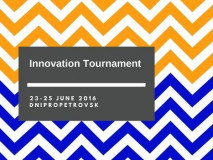
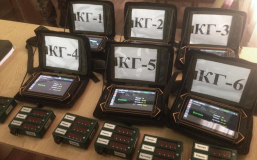
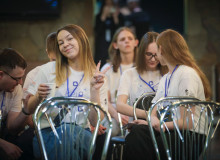
Підписуйтесь для отримання останніх новин
Бажаєте реалізувати свій проєкт?
Зв'яжіться з нами і ми допоможемо втілити ваші ідеї в життя!
